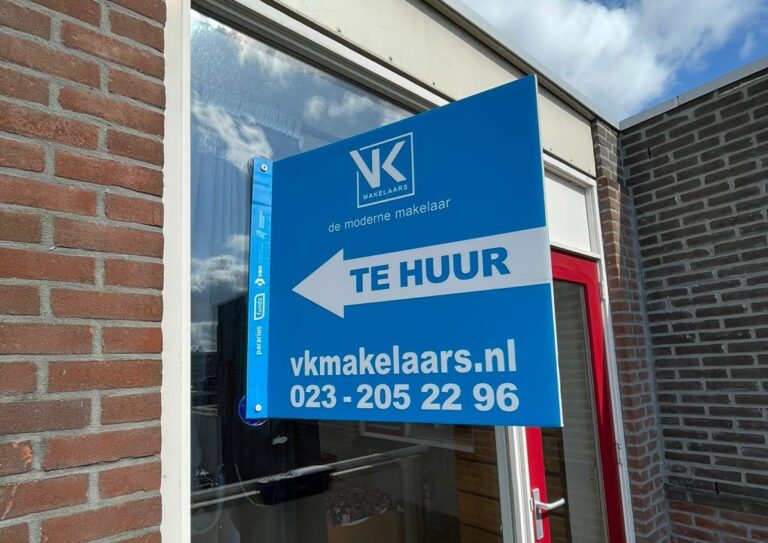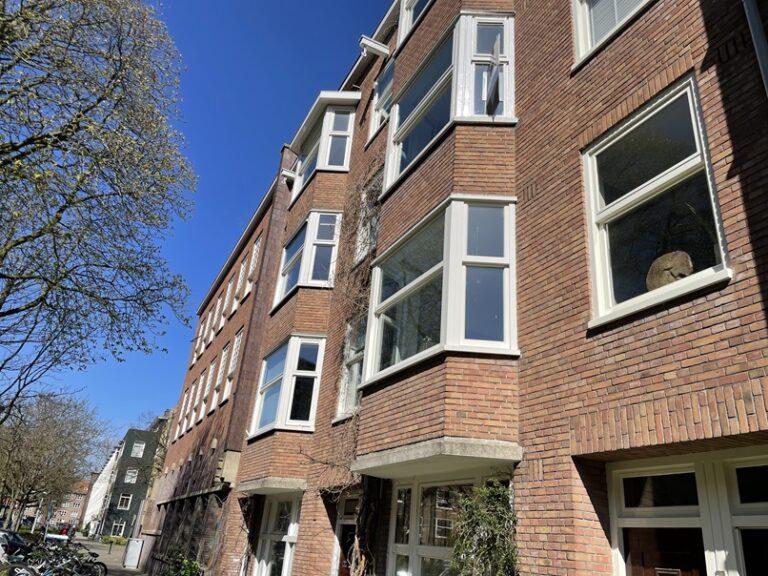Tips for Investing in Dutch Real Estate
With the introduction of the Affordable Rent Act and the Fixed Rental Contracts Act, much has changed, making it more challenging to invest in real estate. Here are some tips to help you:
Tip 1 – Sufficient Rental Points
Only rent out properties with at least 187 rental points. This ensures you’re renting in the free sector. Aim for a few extra points (e.g., 195) to safeguard against potential interpretational differences if the tenant has the points assessed by the Rent Tribunal.
Tip 2 – Sustainable Properties
Try to rent out properties with a good Energy Label (B or higher). Tenants find this important, and it’s expected to become increasingly significant in future regulations.
Tip 3 – Avoid High Transfer Tax
The transfer tax for non-owner-occupied homes is 10.4%! While you can’t always avoid this, here are three tips that might help:
Tip 3A – Keep Your Old Property
When moving, consider keeping your old property for rental purposes, provided it has sufficient rental points (see Tip 1). This way, you’ll have a rental property without incurring transfer tax.
Tip 3B – Buy a Newly Built Property
You don’t pay transfer tax on newly built properties. While you do pay VAT, this is included in the purchase price and should be market-conforming. Verify this yourself (as a realtor).
Tip 3C – Live in the Property First
Consider living in the property yourself for at least six months. You won’t pay the 10.4% transfer tax. While there’s no minimum period, it’s advisable to do this for about 6 months.
Tip 4 – Check the Buy-to-Let Protection Act
If you’re buying a property to rent out, check if the Buy-to-Let Protection Act applies. In short, you may not be allowed to rent out properties below a certain WOZ value for a specific period after becoming the owner. More info here.
Tip 5 – Check if Renting is Allowed by the Homeowners Association
For apartments, verify if renting is permitted by the Homeowners Association. Often, their permission is required. Check this with the selling agent and in the applicable split deed regulations.
Tip 6 – Bank Permission
If you have a mortgage on the property you want to rent out, you need the bank’s permission. Renting without permission risks severe consequences. If the bank cooperates, they’ll likely require a buy-to-let mortgage. Note that interest rates for these mortgages are higher, and the bank may require you to have paid off at least 30% of the taxable value in rented condition or have this in equity.
Ready to kick-start your real estate journey?
Enroll in our Dutch Expat Realtor Training today!







